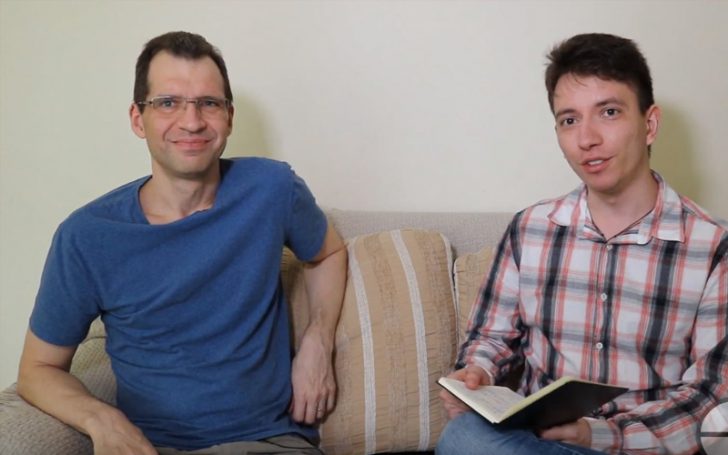In an exclusive interview to the channel Cryptology and portal Livecoins Sergei Popov professor at Unicamp and co-founder of IOTA cryptocurrency, he spoke about the project.
Serguei Popov holds a PhD in mathematics from the University of Moscow and together with Sergey Ivancheglo, David Sønstebø and Dominik Schiener he has given life to one of the most important crypto-coins in the industry.
In the interview, Popov, who is responsible for the theoretical / conceptual development of IOTA, said he had met Bitcoin and crypto-coins five years ago and then became interested in the subject, while researching on altcoins in the Bitcointalk forum, he met a project called NxT that looked very promising.
Popov made calculations on the NXT blockchain and shared a paper on the forum . People liked it and the article brought prestige in the crypto-coins community to the teacher who was invited to join a project called Amaranth, later renamed to IOTA.
According to Popov, the initial IOTA project needed improvements to ensure security, so he persuaded developers to change the code. 4 months later they arrived in a design that is known today and respected by the Global community.
On the future, in a joking tone Popov says that “IOTA wants to dominate the world”, the project was created for micro transactions and focuses on Internet of Things. He points out that “transaction fee does not match micro transactions.” To solve the problem of rates it is necessary to eliminate the mining process and therefore the miners.
The solution was to create a collaborative system. There are no transaction fees at the IOTA, to process transactions users must collaborate with the network. That way, in a system where there are hundreds of millions of connected devices, all of them must be actively involved, collaborating with the system.
“Let’s kill the Coordinator”
IOTA is still a centralized cryptocurrency, just as Bitcoin was once a day. The IOTA Foundation has a central node called the Coordinator. Its main goal is to protect the network until it becomes strong enough to sustain a large-scale attack.
Asked about this, Popov said that there is a project that wants to eliminate the Coordinator dubbed “Coordicide” and will soon be published by the foundation. This project would lead to the decentralization of the project and the end of the Coordinator.
IOTA Scalability
Theoretically the more users on the IOTA network the more transactions per second it can perform. Popov points out that the concern of several crypto-coins in solving scalability problems resembles “the mega-pixel race of digital cameras.”
Before working on scalability, IOTA will solve the “problem” of the Coordinator.
IOTA and resistance to quantum computing
IOTA was one of the first crypto-monks to worry about quantum computing – one of the main threats to crypto-coins – asked about where the initiative came from, Popov said that the quantum threat is real and can come at any time.
Popov points out that every public key cryptography system is not resistant to quantum computing, because of this IOTA was concerned with developing the project with resistance from the outset.
This is mainly due to the fact that IOTA uses a signature scheme based on the Winternitz hash, which is considered (reasonably) resistant to quantum computing.
https://youtu.be/bfrPwtvkswM
